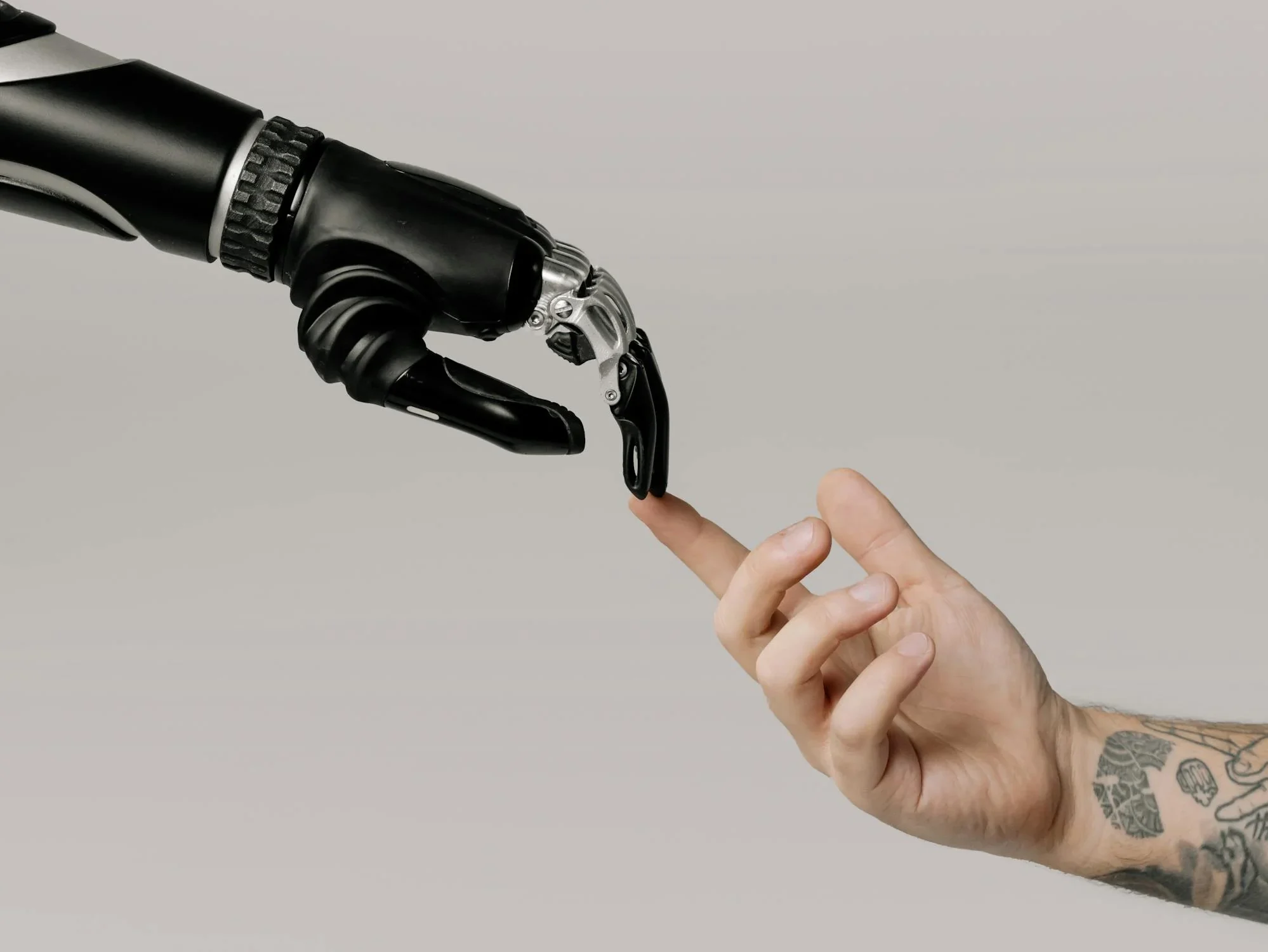4/1/2024
Artificial Intelligence (AI), once a faint fantasy found in works of science fiction igniting both excitement and apprehension amongst humankind, has made its breakthrough in waves and is becoming increasingly integrated into our modern-day reality. As of 2024, an estimated 67,200 companies are actively working towards creating exceptionally proficient machine learning systems with optimized processing speeds and functionality, with the United States comprising about 25% of these AI startups.
With the rise of Generative AI programs, from Open AI’s ChatGPT to Microsoft’s Copilot, the concept of Artificial Intelligence and its remarkable capabilities are becoming more widely appreciated. Despite these programs offering tools that seem modest in scale, their impact on productivity is significant in instant information acquisition, personalized learning experiences, and automation of repetitive tasks, which are just some of the practical uses these AI applications bring to daily life. As these models advance, they are expected to take on a greater role in the workforce. According to a report published by Goldman Sachs in 2023, an estimated 300 million jobs could be lost or diminished by the development of this new technology.
Job security concerns have grown immensely in recent years, particularly in the wake of the Coronavirus pandemic, which resulted in individuals being laid off from their jobs. As society begins to stabilize, a new threat is brewing from afar: the potential of AI models to disrupt the job market, leaving millions jobless. There’s a common misconception that AI could only replace roles requiring less specialized skills, leaving those with advanced degrees or extensive years of knowledge safe from job loss. However, the reality is that AI extends across various sectors and skill levels. As Andrew Ng, computer scientist, and Coursera co-founder, said, “Artificial Intelligence is the new electricity,” AI is set to revolutionize all industries in the coming years.
With each passing day, new AI models are being meticulously trained and readied for public release, waiting to alter the landscape of the world. Among these new releases, Devin AI has emerged, pioneering to be the first of its kind, an autonomous AI software engineer. Launched in March 2024 with the initial goal of assisting software developers in their daily tasks by thoroughly carrying out intricate engineering projects that encompass thousands of decisions as quickly and efficiently as possible. It possesses the ability to recall information, learn progressively, and rectify errors. It is equipped with essential developer tools such as the shell, code editor, and browser within a secure computing environment while still providing the user with active collaboration, contributing to new concerns regarding the future of software engineering jobs.
AI will not suddenly emerge and eliminate people’s jobs overnight; rather, changes in the job market are expected to unfold gradually, occurring in waves as AI models evolve and become more sophisticated. It is natural for people to feel apprehensive about advancements such as AI, as fearing the unknown is part of human nature. However, now more than ever, it is critical for people to educate themselves about AI to grasp the capabilities these machines truly hold. Ultimately, these technologies are designed to mimic human behavior, yet they can complete tasks at speeds no human mind could match. As machine learning models, they learn and adapt over time, and it’s unpredictable what they might evolve into or whether their intentions could be positive or harmful. The nature of Artificial Intelligence is quite complex and multifaceted, and while it currently poses a threat to job security, it is crucial to study these complexities. “By far, the greatest danger of Artificial Intelligence is that people conclude too early that they understand it.” The development of AI has the potential to be one of humanity’s greatest achievements, yet it may also lead to its downfall. Given the inherent complexity of humans, one can only expect an artificial being to exhibit even greater complexity as it learns to navigate the world.

